比特实验室创始人曹伟勋博士在美国硅谷做报告视频
点击查看原文报导:From Learning Solutions Magazine
Dr. Weixun Cao, founder and CEO of BitLab, recognized the importance of sharing the maker mindset and process with students. Dr. Cao presented his experience in establishing more than 200 makerspace classrooms in over 20 provinces in China. Educational approaches in China differ vastly from approaches in the United States—where the maker movement starts bottom-up within communities in America, it is the reverse in China. Educational approaches and mandates come top-down from the Chinese government.
(译文:比特实验室创始人曹伟勋博士意识到了分享学生创客的心路历程的重要性。曹博士介绍了他在中国20多个省份建立了超过200个创客空间教室的经验。中国的教育方式与美国不同——在美国,创客运动是从小团体开始的,是自下而上的,但在中国相反。在中国,教育方式是从政府开始自上而下的。)
Dr. Cao explained that Chinese educational culture revolves around obtaining the best examination scores to get into university, a process that is inherently focused on the individual. In 2010, China passed the Outline of National Plan for Medium and Long-range Education Reform and Development (2010 – 2020)in order to shift from caring about the “cold score” to the “living person.” This reform, along with Chinese Prime Minister Keqiang Li’s statement that everyone should be an entrepreneur and innovator, has sparked national interest in the maker movement.
(曹博士解释说,中国的教育文化是围绕着获得最佳考试成绩进入大学的应试教育,这一过程本质上是专注于个人发展的。2010年,中国通过了国家中长期教育改革和发展规划纲要(2010–2020),关注点从“冷冰冰的分数”转为“活生生的人”。此次改革响应了中国总理李克强的号召,激发了人们对创客运动的热情,每个人都应该是一个创客。)
Dr. Cao took this new national interest as an opportunity to implement his vision for BitLab. His purpose is to get students focusing on creating a product using the three Ps—passion, product, and projects.He’s cultivating the youth mindset to utilize innovation, creativity, and teamwork by developing products that could better help society and bring us into the future. These colorful spaces (Figures 2, 3, and 4) are designed to foster effective problem-solving skills under the traditional learning environment of a classroom. Dr. Cao worked with policymakers in China to approve and create classrooms that were fully DIY (do-it-yourself)—from the chairs and furnishings to the décor. Tables and chairs come in kits that students are able to assemble. They are modular, easily pushed together to encourage teamwork. Table surfaces are transparent, allowing students to follow along with a textbook or their tablet computer underneath the surface while they create and experiment with projects on top of the desks.
(曹博士把新的国家利益作为他实现比特实验室的愿景的一个机会。他的目的是让学生专注于创建一个以激情(Passion),产品(Product),项目(Project)的3P教育元素为主导的产品。他培养年轻人的思维方式,利用创新力,创造力和团队合作,开发产品,更好地帮助社会,并把我们引领到未来世界。这些丰富多彩的空间(图2、3、4)被定义为在传统的课堂学习环境下,培养出有效的解决问题的能力。曹博士曾与中国的政策制定者共同批准、创建DIY(自己动手)课堂,从桌椅到装饰物都可以通过学生自己搭建。在这里,他们可以组织团队,尤其鼓励团队合作。课桌表面是透明的,这可以使学生在他们搭建的时候,在课桌上放一本教科书或他们的平板电脑。)
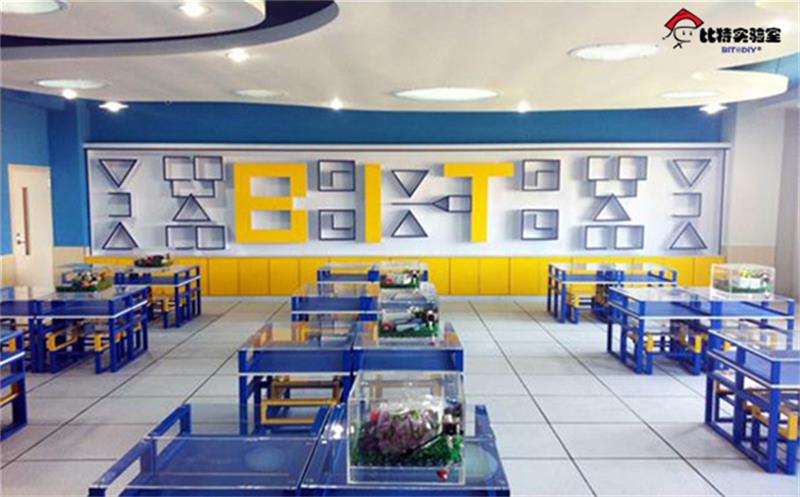
Figure 2: A BitLab makerspace in China
图2:中国的比特实验室创客空间
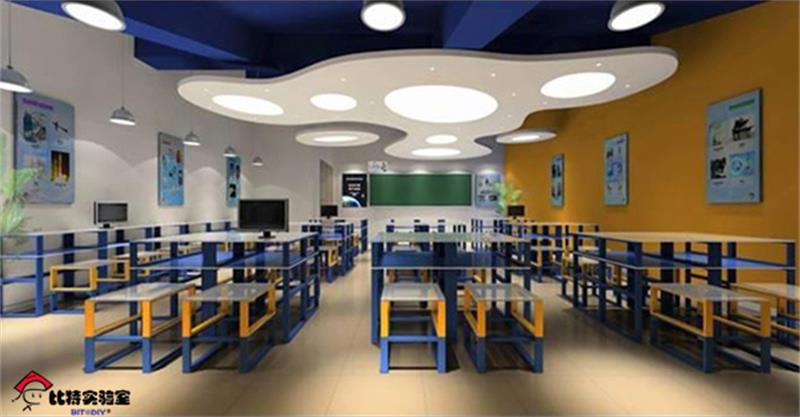
Figure 3: BitLab makerspaces are colorful
图3:丰富多彩的比特实验室创客空间
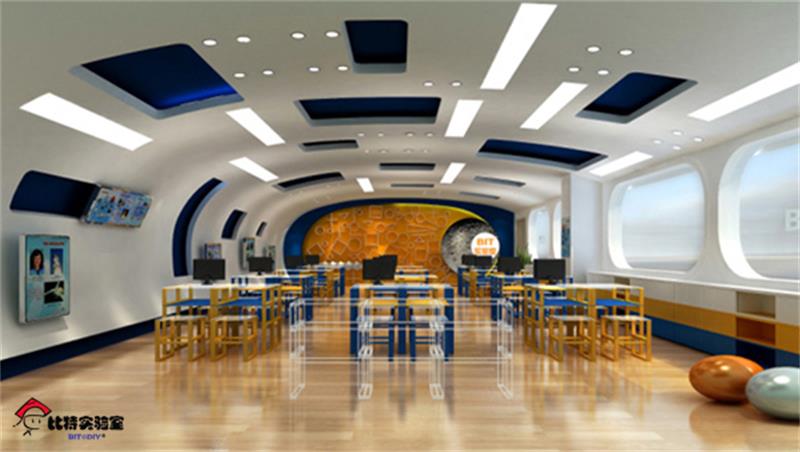
Figure 4: BitLab classrooms with modular tables and chairs
图4:模块化课桌椅构成的比特实验室
Curricula of the BitLabs include four main components: learning the history of inventors and scientific discoveries, building electronic sensor–based systems, assembling 3-D prototypes, and presenting and public speaking. Students utilize a variety of sensors (including light, sound, ultrasonic, and motion sensors) in geometrically shaped housings, as shown in Figures 5 and 6, to create products that can have a variety of applications ranging from smoke alarms to pedometers. The end product is up to the students’ imagination.
(比特课程包括四个环节:学习发明家和科学探索的故事、连接电子传感器系统、搭建3D造型模块以及演讲展示。学生利用各种传感器(包括光照度传感器、声音传感器、超声波传感器和运动传感器),例如,在一个几何形状的造型模块下(图5和图6)创造出各种丰富的围绕烟雾报警器的运用,最终的成果取决于学生的想象力。)

Figure 5:Sensors that students use to create products
图5:学生用来搭建作品的传感器
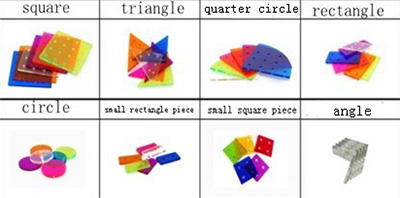
Figure 6:Geometric shapes used to house the sensors and create prototypes
图6:用于包裹电子传感器和搭建造型的几何形状模块
Each session is 45 minutes on a weekly basis, but results have been positive in increasing students’ creativity, observation, and confidence, among many other qualities. At the beginning of each class, students fill out a self-evaluation of 10 abilities, and after the completion of the semester, they fill out the same evaluation. Dr. Cao noted that the students’ progress was not limited by their traditional gender scopes; for example, the improvement of boys in their sensitivity to beauty was much higher than the girls’ improvement, and the girls’ progress in leadership was higher than the boys’ (Figures 7 and 8).
(每周一次一节45分钟的课程,在提升学生的创造力、观察力、自信心以及其他诸多方面的素养上有很好的促进作用。在每节课一开始,学生会填写10种能力的自我评价,并且在学期末,他们会填写相同的评价。曹博士指出,学生的进步程度不受传统观念中性别的差异的限制,例如:男生对美的敏感度的提升明显高于女生,女生领导力的提升则高于男生(图7和图8)。)
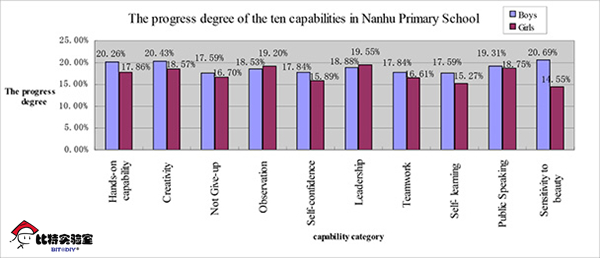
Figure 7:The progress degree of the 10 capabilities in Nanhu Primary School
图7:南湖小学10项能力的提升程度表格
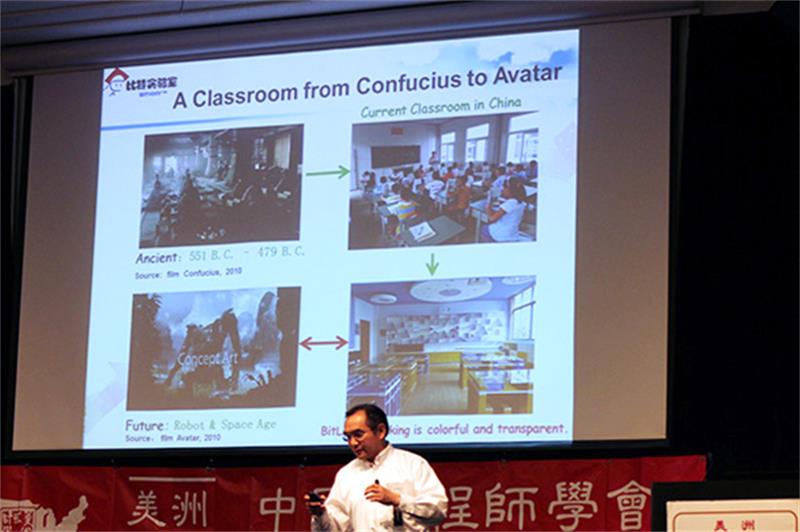
Figure 8:Dr. Weixun Cao explained the evolution of traditional classrooms to makerspace classrooms
图8:曹伟勋博士介绍从传统教室到创客空间教室的变革
Dr. Cao’s BitLabs illustrate the power of the maker mindset to break barriers across continents. His classrooms demonstrated Dougherty’s vision, as the Maker Media founder described in his opening speech: “The incredible thing about the maker movement is that it connects all forms of interest people have. Part of what I wanted to do is to bring people together and introduce them to the practice of making again in an ordinary way.”
(曹博士的比特实验室阐述了创客历程的力量跨越了很大的障碍。他的教室展现了多尔蒂的视角,正如媒体制作创始人在他的公开演讲中所述:“令人难以置信的是,创客将人们所有形式的兴趣紧密联系在一起。我想做的其中一部分事情就是将所有人都联系在一起,再以寻常的方式介绍他们的做法。”)
As the evening wrapped up, Dr. Hu presented a keynote describing what innovation meant to him. The UC Berkeley professor emeritus summed up innovation as “solving problems that matter.” Dr. Hu explained that we often need to re-examine the original problem and to look at it from different perspectives to get to the right answers, as the best answers are not the ones that we arrive at first. His focus on the iterative process toward innovation and problem-solving was echoed by Dougherty’s viewpoint on making: “It is a practice. It’s not something you do once and you complete. You get better at doing it repeatedly; you have different abilities to continue to make.”
(当傍晚来临时,胡博士提出了一个主题演讲,描述了创新对他来说的意义。英国伯克利大学荣誉教授总结创新为“问题解决问题”。胡博士解释说,我们需要经常重新审视原来的问题,并从不同的角度来看待它,从而获得正确的答案,最好的答案不是我们第一次就能得到的。胡博士对创新和解决问题的过程是与多尔蒂的观点相呼应的:“这是一种实践,它不是你做一次就能完成得。你最好反复实践,你将有不同的能力继续做下去。”)
The Chinese Institute of Engineers/USA will celebrate its 100th anniversary in 2017.
(美洲中国工程师协会将在2017年庆祝的它的一百周年。)
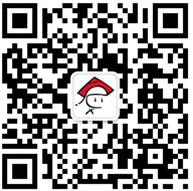
长按图片,识别二维码,一键关注
联系电话:400-034-5557
025-86651686
网址:www.mybitlab.net
地址:江苏省南京市玄武区世界之窗(板仓街9号)B4栋3楼